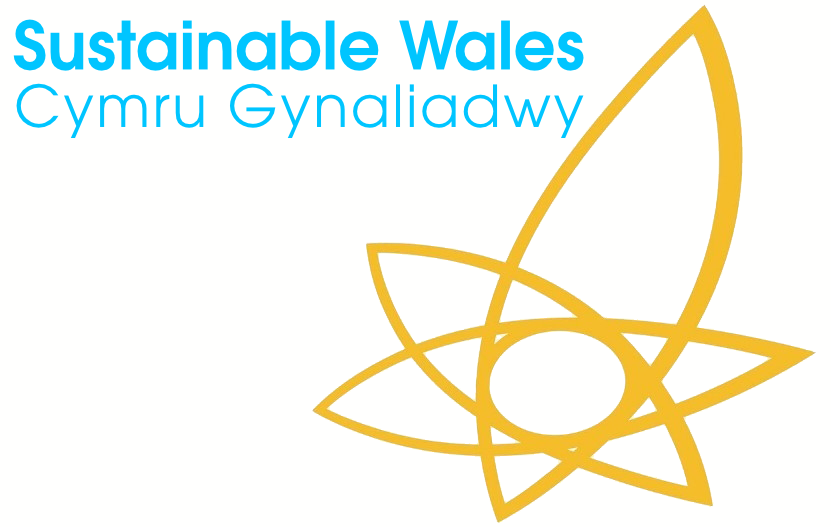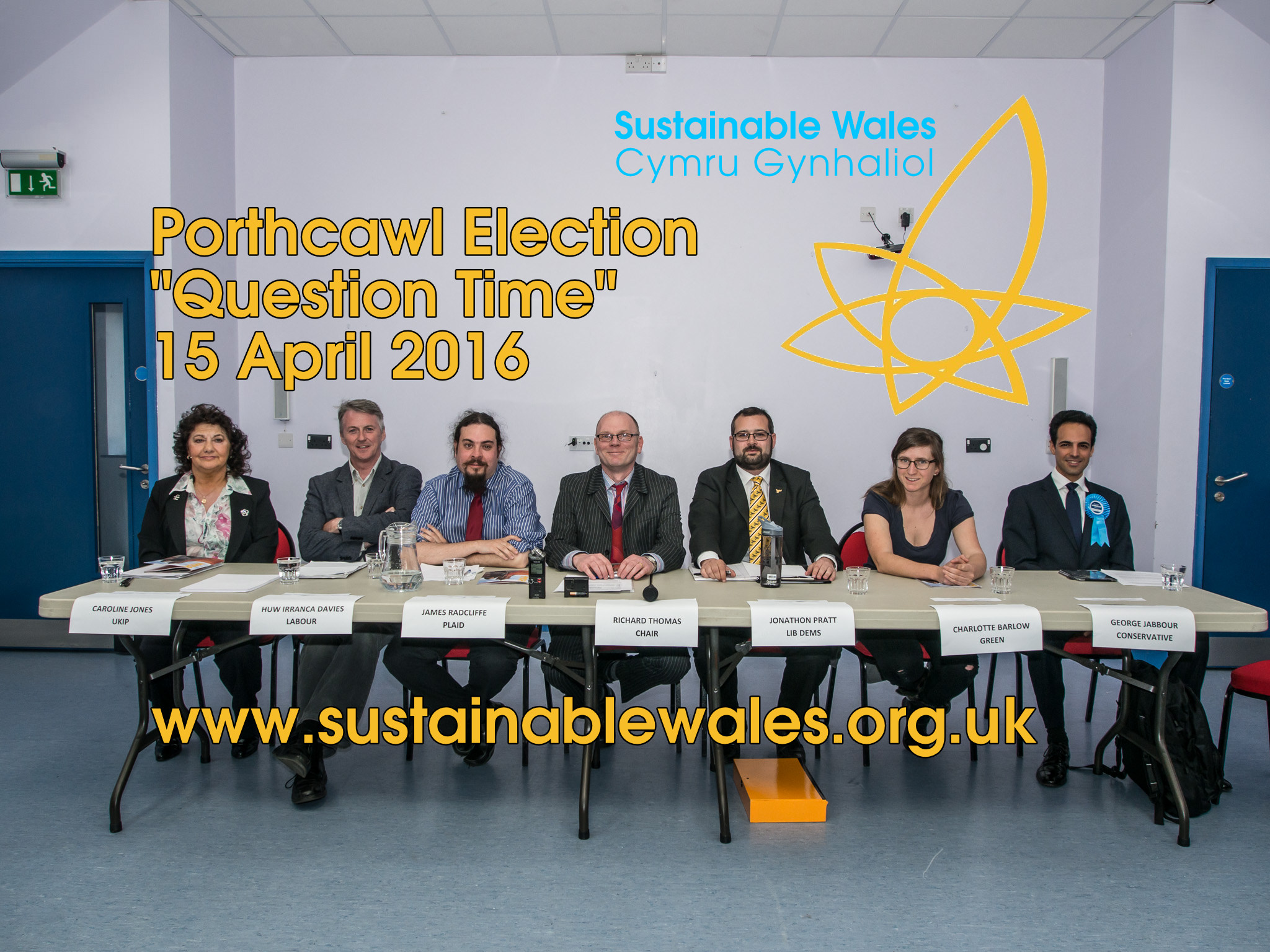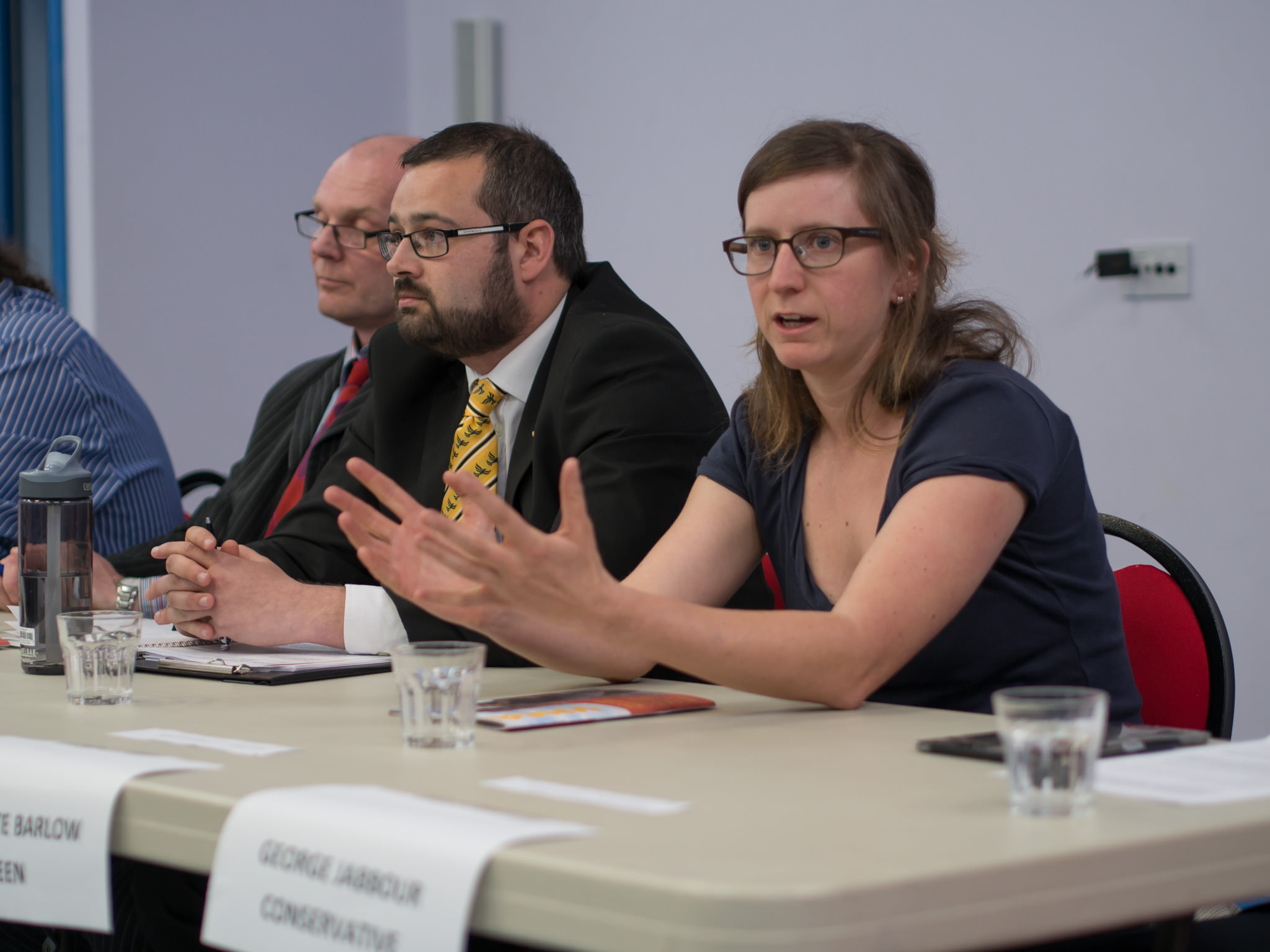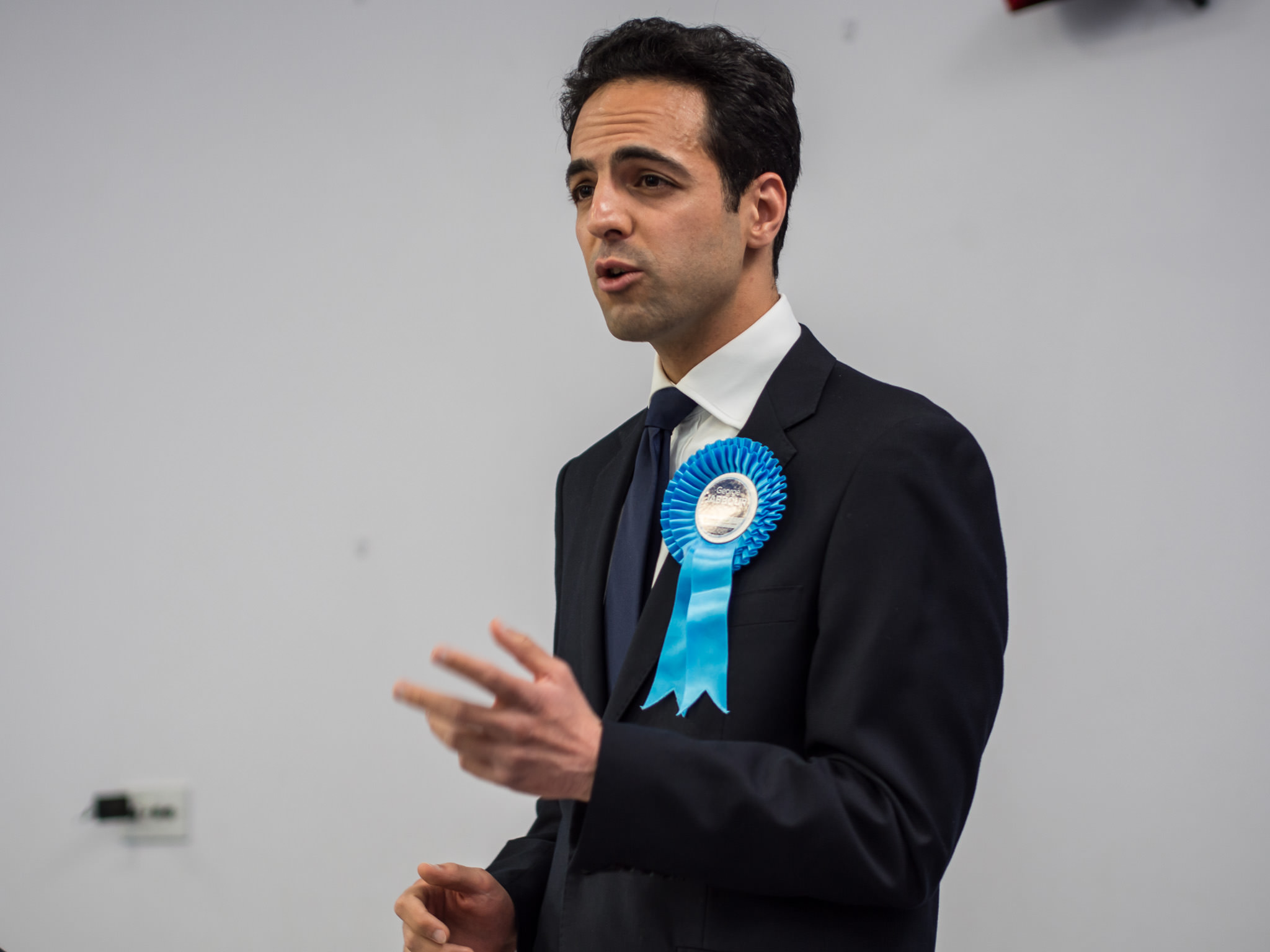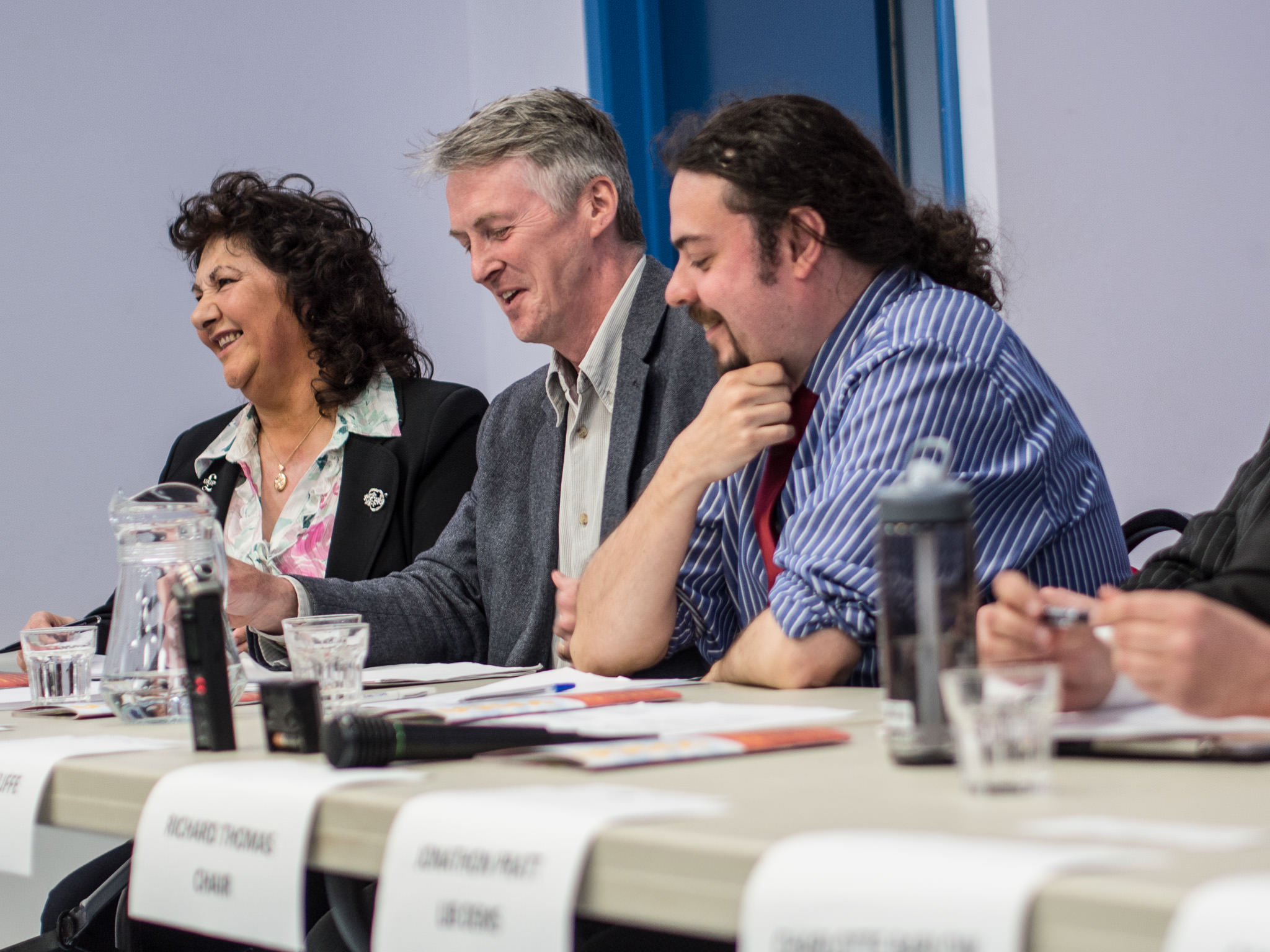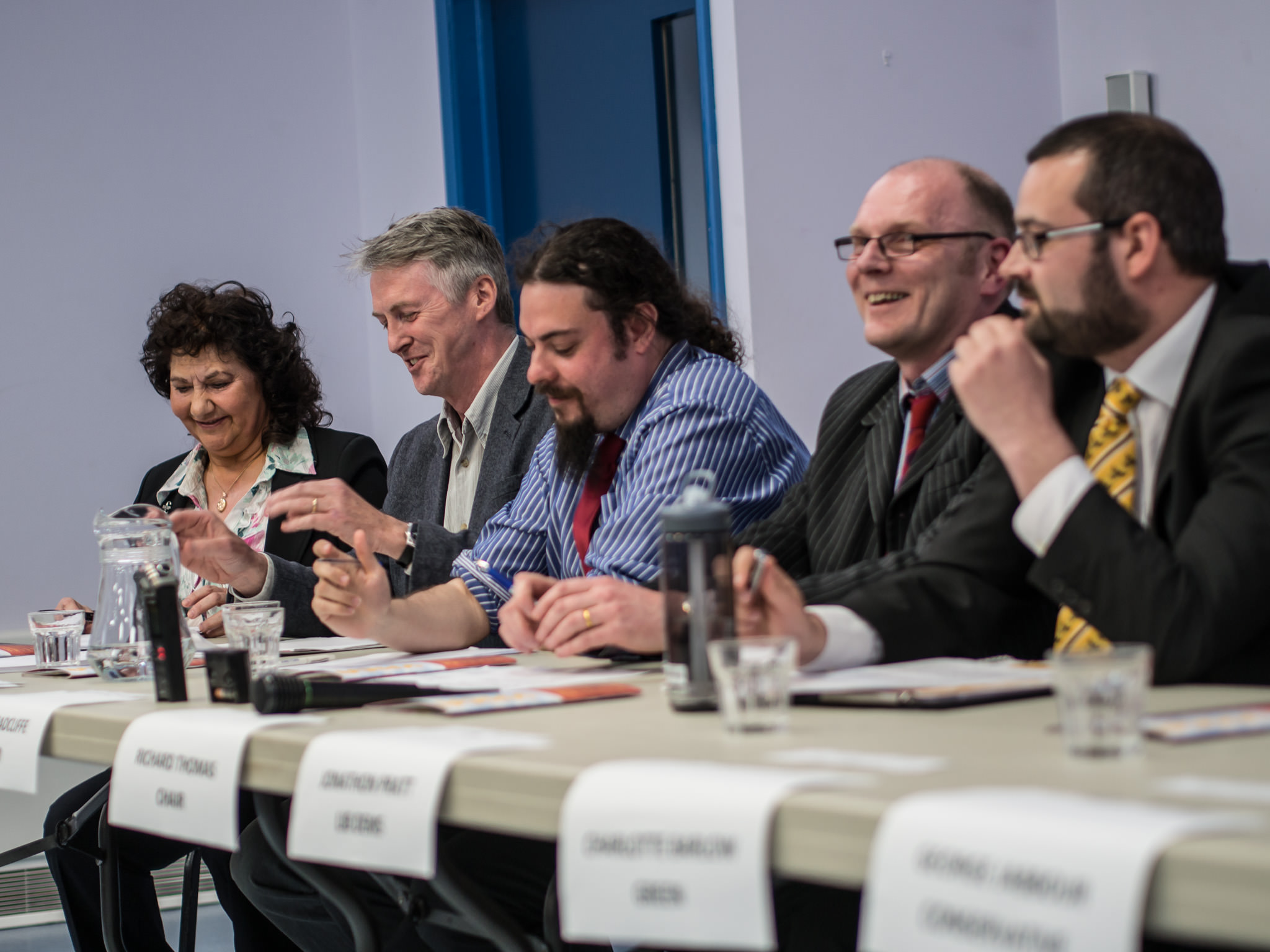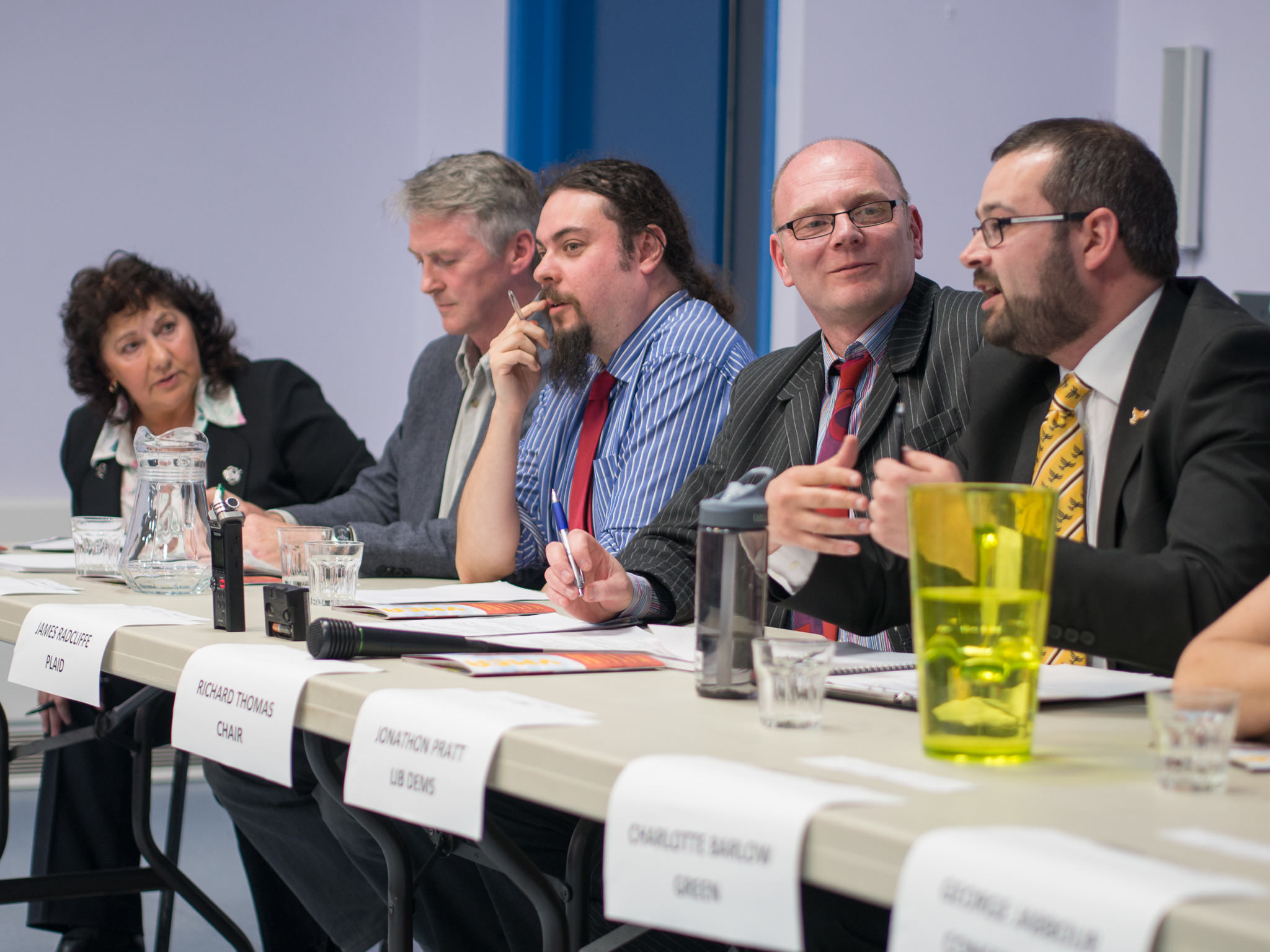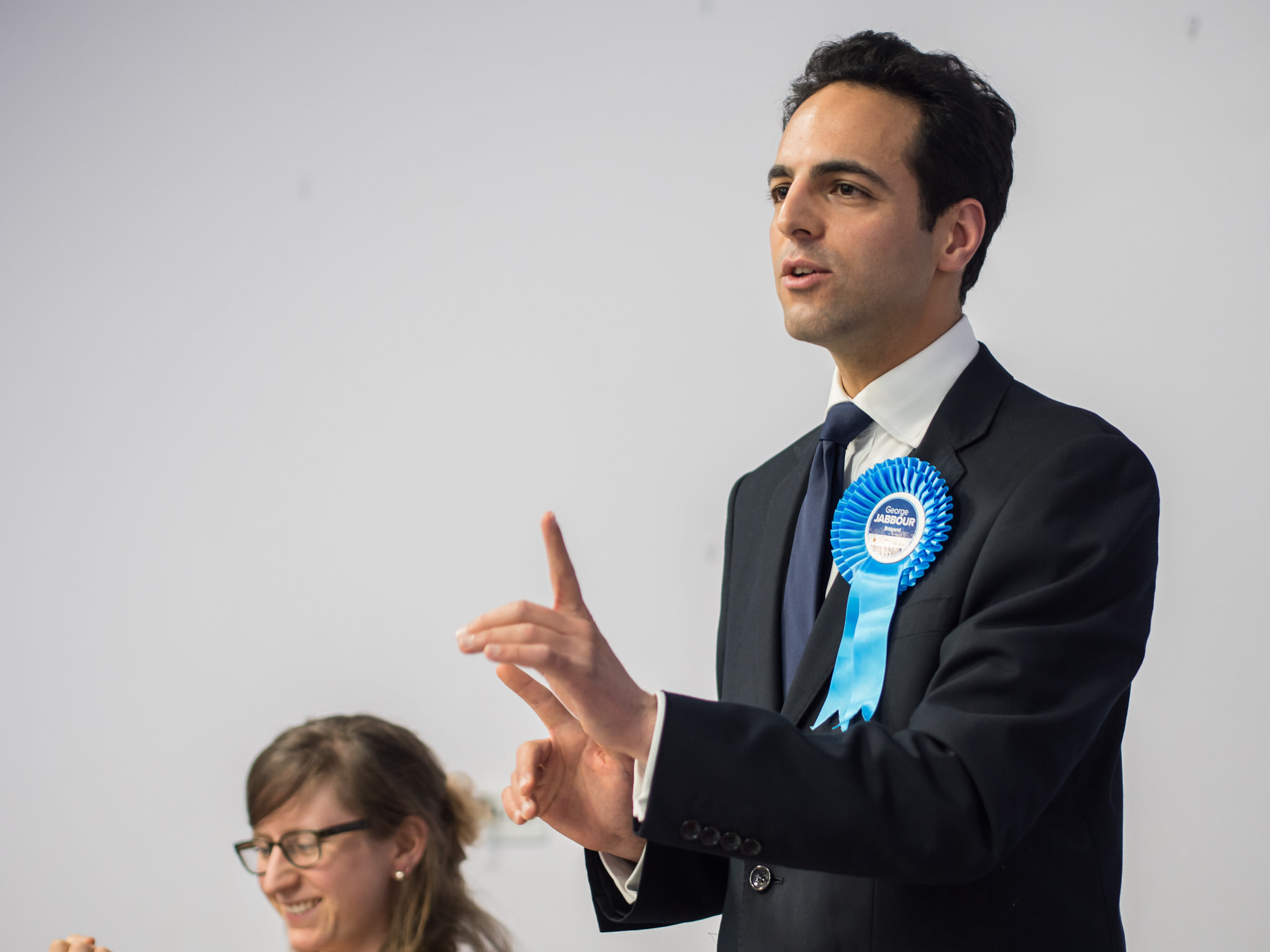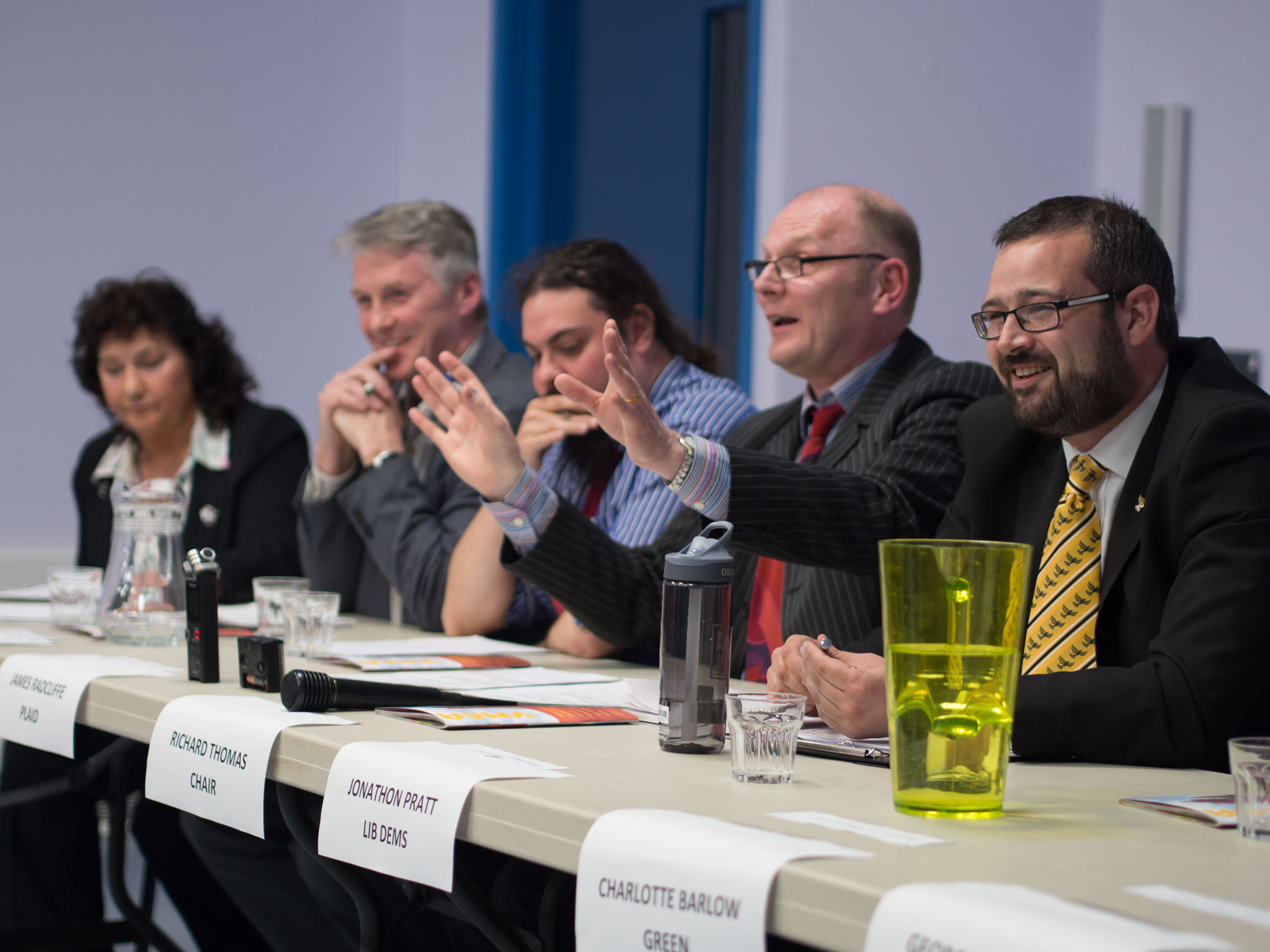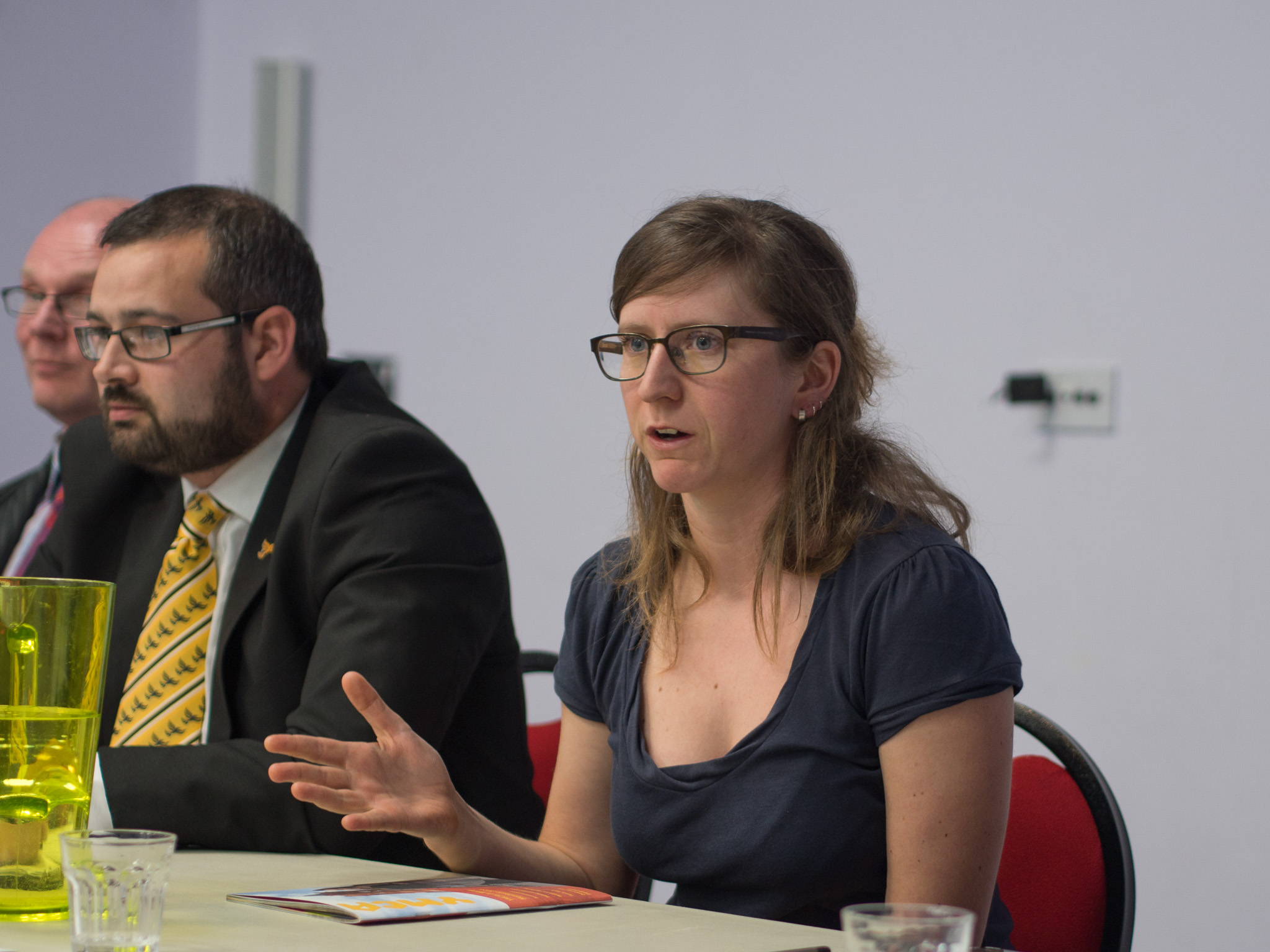Porthcawl FoE was to grow into ‘Wales Friends of the Earth’ and subsequently Friends of the Earth / Cyfeillion y Ddaear Cymru.
In 1983, Merthyr Mawr Estates proposed turning an area of Newton Burrows and the Merthyr Mawr duneland on the south Wales coast near Porthcawl, into a golf course.
Porthcawl FoE was young and vigorous, and buoyed by what it perceived as a campaign ‘success’ at Kenfig. The golf course plan seemed like sacrilege. There were already several golf courses in the area, and there are more today.
The area to be affected would include land where Bronze Age, Beaker People and Roman remains had been discovered. Particular dunes such as ‘Twmpath y Ddaear’, ‘Pwll Swil’ and ‘Riley’s Tump’ had already been partly excavated.
It was supposed that discoveries made there might have been only the tip of the iceberg. The flora and fauna of the dunes were considered rich, with unusual plants such as birthwort identified. Orchids were abundant.
Porthcawl FoE joined a coalition of larger organisations. This was a real achievement for the young group. Robert Minhinnick compiled a dossier of archaeological and botanic evidence as to why the golf proposal should not go ahead.
Friends of the Earth national (i.e. England and Wales) ‘Countryside Campaigner’, Charles Secrett was invited to the threatened area.
He and Margaret Minhinnick climbed Cog y Brain, which affords a panorama of the dunes. Immediately Secrett commented: “This feels old!”
(The dunes visible from Cog y Brain are thought to comprise in part a ‘Neolithic field system’ that was inundated by sand in the Middle Ages, and affected by the ‘Bristol Channel tsunami’ of January 30, 1607.)
(Cog y Brain is part of a limestone ridge against which sand has been blown. In this respect, it is not a ‘true’ dune system at all.)
Charles Secrett went on to become Director of Friends of the Earth, and one of the most significant environmentalists of the 1980s and ‘90s.
Like several other ‘campaigners’ at FoE at the time, such as Jonathon Porrit, Andrew Lees and Chris Rose, he was a ferocious workaholic.
I remember travelling with him and other FoE members by minivan from London to Amsterdam. We were to lobby the International Monetary Fund against policies that encouraged destruction of the tropical rainforest in ‘East Timor’. His driving was memorable.
Charles Secrett was thus a significant influence on Friends of the Earth Cymru and the ‘campaign style’ of FoE in Wales.
Moreover, the golf course campaign was eventually successful, so much so that the area of dunes known in Welsh as ‘Ffynnon Pwll’ and in English as ‘the Burrows Well’ was scheduled as an ‘ancient monument’. This protects it from further development.
‘Cog y Brain’ (hillock of the crows), inaccurately described by Minhinnick in his dossier as “the highest sand dune in Western Europe”, was saved. It had been earmarked as the third tee.
Merthyr Mawr was one of countless FoE and FoE Cymru campaigns that helped raise environmental awareness amongst the public. It was a very early example of the importance of green coalitions.
Nearly thirty years later, Charles Secrett, in an article in The Guardian on June 13, 2011, described what green awareness and environmental ‘radicalism’ had meant for the environmental movement.
(This was the political world which the newly created Friends of the Earth Cymru entered in 1984.)
Not everyone in Friends of the Earth agreed with the creation of FoE Cymru. Moreover, there were many opponents of ‘devolution’ of political power to Wales. These included senior environmentalists in Friends of the Earth.)
The 1979 devolution referendum in Wales had seen a 75% – 25% victory for opponents. In 1997, the Referendum result achieved a ‘Senedd’ by a hairsbreadth margin). Thus the change in political and social cultures between 1979 and 1997 was extraordinary.
FoE Cymru’s creation in 1994 was an indication of this.
Charles Secrett wrote in his 2011Guardian article:
“People were angry and frustrated. Something different had to be done.
“For FoE, whose founding motto was "Think globally, act locally", that meant getting the public directly involved in changing government policy and company behaviour.
“National groups supported networks of largely autonomous local groups who tackled local problems, and provided a community voice to national and international campaigns.
“Street theatre, consumer boycotts, marches and rallies, backed by authoritative analysis and political campaigning, underpinned strategy.
“In-house lawyers drafted new environmental laws, and expert researchers worked on alternative development paths in energy, agriculture, resource use and transport.
Greenpeace became the masters of peaceful direct action. They understood the power of video and dramatic image. They relied on small numbers of brave, professional activists to do what their supporters couldn't: harass whaling ships, block polluting outflow pipes and hang bloody great banners from power plant chimney stacks to generate worldwide publicity for their campaigns.
“Over the next decades, the protest tactics of the 70s were rolled out time and again, often to significant effect. They were augmented by new initiatives, such as formal complaints to the European Commission over government and company infractions, judicial reviews and coalition campaigning by a broad spectrum of environment and development NGOs, unions and social organisations like the Women's Institute.”
This article describes real achievements by NGOs, and the elation some green groups experienced. But as it continues, Charles Secrett indicates the exhaustion this brought. The article continues:
“The agenda swelled to cover every available issue under the sun, from climate change and rainforest protection to the equitable distribution of earth's resources and rampant consumerism.
“Staff numbers grew rapidly. Membership and funds soared. Management jobs and full-blown teams in finance, administration, fundraising, HR and communications became the norm.
“Salaries rose significantly and pension plans began. For the first time, working for FoE and Greenpeace became a permanent career move for many whose background lay outside campaigning and activism. Things were changing.
The article contains almost inevitable disillusion:
“Worryingly, in every major green group, managers, administrators, communicators and fundraisers outnumber campaigners and researchers.
“Too many staff have become obsessed with the process of running an organisation. Interminable meetings, not action, are the order of most days. All too often, fundraisers and PR teams, not campaigners, call the shots.
And maybe unpleasant realization:
“Today's activists regard once radical organisations as part of the NGO establishment: out-of-touch, ineffective and bureaucratic. The wheel has turned full circle. It is time to rethink and reorganise again.”
The ‘green agenda’ became integral to the social and political world. For many people, it defines it. Catastrophic climate change, like the threat of nuclear annihilation, is these people’s motivation.
One of the many possible answers to climate change is localized renewable energy. I remember the horror I felt when I first learned of the plans to turn Cog y Brain into the third tee of the latest golf course.
But this essay closes with an image of a wind turbine erected at the Cenin energy cluster, less than one mile away from the dunes, at Parc Stormy (Stormy Down). It is visible from the limestone ridge.
Cenin features in ‘Shine a Light?/Golau Newydd?’, the film released by Sustainable Wales in 2016, made by ParkSix Productions, about community energy schemes. It is available on this site.
As to the Senedd, established after the 1997 referendum, it contains (from 2016) seven elected representatives of the United Kingdom Independence Party.
This party has thus has a strong foothold in Wales. It is reluctant to accept or meaningfully discuss, the issue of climate change.
At the eastern edge of the ‘limestone ridge’, a wind turbine can be viewed. This has been erected at the Cenin renewable energy site at Parc Stormy, one mile north of Cog y Brain.
